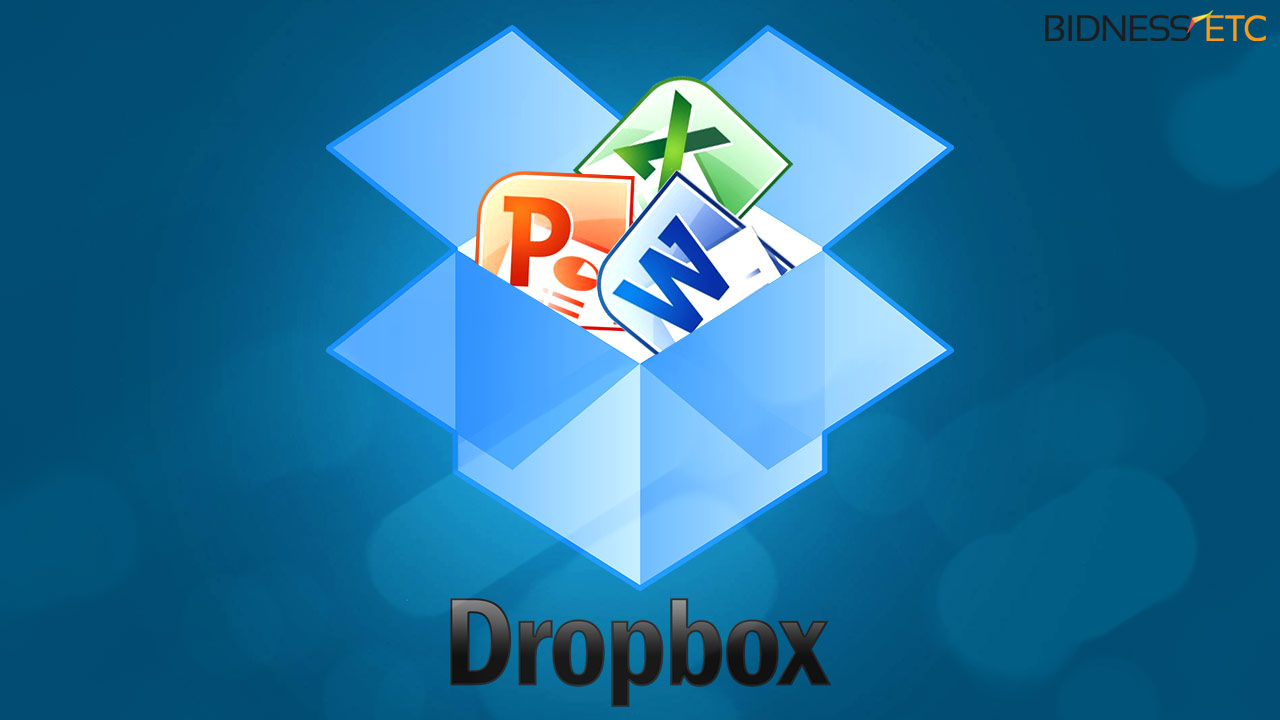 Dropbox has finally released an app for Microsoft’s smartphones, hinting at a future when Windows smartphones, tablets and PCs will become more integrated.
Dropbox has finally released an app for Microsoft’s smartphones, hinting at a future when Windows smartphones, tablets and PCs will become more integrated.
It’s hardly a secret that Microsoft has struggled to compete with Apple and Android-based tablets and smartphones because of a lack of apps for its platform, but that has started to change, and the addition of Dropbox on Wednesday is an important one.
Its arrival is the latest piece of Drobox’s Microsoft puzzle, allowing users to save and access photos, docs, and videos from any device that runs its apps for Windows Phone (8.0 or higher), Windows RT or Windows 8.1, or via a browser.
The mobile app is the latest result of a partnership Dropbox formed with Microsoft in September last year. The first step was letting users edit Office documents from the Dropbox apps for Android and iOS, and access files stored on Dropbox from the Office apps for those two OSes.
More advanced features for accessing and editing content on any device at any time are core tenets of Dropbox’s and Microsoft’s vision for the future.
Microsoft is hoping to attract more developers by making true on the promise of letting them develop so-called universal apps that work on PCs, tablets and smartphones that run the upcoming Windows 10 operating system. If the same app runs across all devices, functionality across all of them will come automatically.
On Wednesday, Microsoft demonstrated some of the universal apps that will be integrated in Windows 10 when it is released by mid-year, including a new version of Outlook and a photo app that keeps images in sync across multiple devices. Microsoft also showed how deleting a notification on a smartphone will make it to disappear on a PC and vice versa.
The challenge for Microsoft going forward will be to convince the likes of Dropbox that developing universal apps makes sense. So far, the company has kept quiet on who else will have apps ready for the release of Windows 10.
Dropbox isn’t planning to just rely on Microsoft to let its users access and edit Office documents. This week Dropbox also acquired Israeli company CloudOn, which will it integrate features for editing Office documents from within its own apps.
For Microsoft this is about building an ecosystem that’s greater than the sum of its parts, while Dropbox has rightly realized it needs to offer more than file storage and sharing to remain relevant.

Leave a Reply